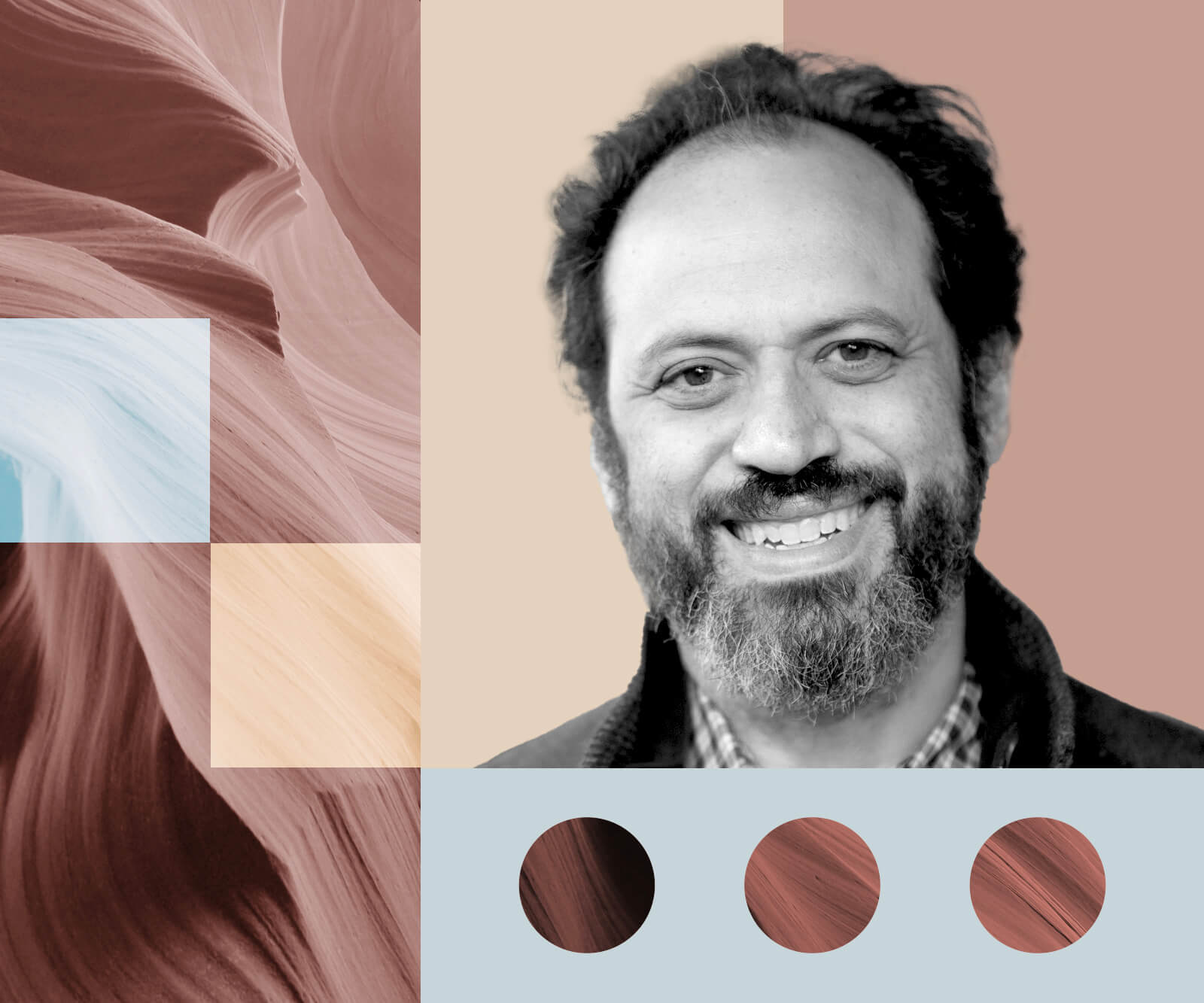We’re aware of the over-hyped nature of some discussions about AI and also the real concerns about bias in applications of the technology. At the same time, regular Charter readers know that we also believe there is the potential for significant changes to our jobs, our organizational structures, and the playbook for great leadership and management.
One of the people most consistently exploring the practical nature of that potential is Ethan Mollick, associate professor at Wharton. Mollick has a new book on this topic out this week, Co-Intelligence, which we discussed with him a few days ago. Here are excerpts from that conversation, edited for length and clarity:
You write in the book that in your study of the videogame industry, the quality of the middle manager overseeing a game explained over a fifth of the game’s eventual revenues. That was bigger than the effect of the entire senior management team, and more than the designers who came up with the creative ideas for the game itself. How can organizations use generative AI to have more high-quality middle managers?
That’s a really important question that a lot of organizations aren’t thinking about enough. That sort of decision support and coaching, the kind of stuff we teach in MBA programs, AI does quite well. There are a lot of tricks that we teach people to be good managers, about how to communicate with people, how to run sessions like pre-mortems where you imagine how a project might fail in advance. The AI can run some of those exercises. We have some evidence from a controlled study in Kenya that for small- to medium-size business owners, the best performers get 20% boosted profitability when getting AI advice.
Part of this is about empowering middle managers, not necessarily replacing them, and part of this is, where are the skill gaps? Many middle managers are good at one or two things, but not at everything. So part of the question you want to ask is: What does this free you up from? Where are your weak spots? Generalist positions are ones that can benefit the most from AI in a lot of ways.
One of the takeaways from research over the past year is that generative AI tools are effective at upleveling lower-skilled workers. How can these tools uplevel the most skilled workers?
Because the AI effectively does a lot of tasks at the 80th percentile, it moves up lower-skilled people to a higher percentage because the AI is basically doing the work. They’re the hands of the AI. That’s part of why we’re seeing the lower skill improvement: In your weak spots, it already performs pretty well.
We are seeing some evidence that high performers might get additional benefit. There are a couple of studies that indicate that, especially when AI advice is involved. It could act as an elevator where it raises everybody’s performance. It could be that certain people are AI whisperers and they just do really well. Or it could be that the top people run away with it because the AI does all the tasks they don’t want to do, so they can do what they’re best at. We don’t know the answer to that yet.
What are the most important skills for young people entering the workforce within the next few years?
I wouldn’t be discouraging anyone from doing anything. I’d be encouraging them to build a sharp edge to their expertise in something they’re good at, they want to do, and they have a competitive advantage in doing, and then figure out how to use AI to fill in the gaps they have to make them very good.
What’s an example of a ‘sharp edge’ to your expertise?
For example, if you are a very good writer, you’re a better writer than the AI is. It’s at the 80th percentile. Maybe AI writing gets to the 99th percentile. I still think if you’re better than 99 out of a hundred writers, you’re going to be better than the AI. And most journalists I talk to are one in a thousand. So the question then is, how do I use this to become an expert in more areas more quickly so I can write as a specialist in something? How do I use that so that my writing is what sets me apart, but I am a better researcher than 99% of people in addition to being a one-in-a-thousand writer?
Read more from our conversation, including why Mollick believes that AI “breaks” agile development approaches, what he thinks the current professional use is that best demonstrates its potential, how organization structure and professional communications could change because of AI, and specific ways that he is using AI to stop doing boring work.
Charter profiled Mollick as part of the Charter 30 and People to Watch in AI & Work. You can pre-order Co-Intelligence from Bookshop and Amazon.
